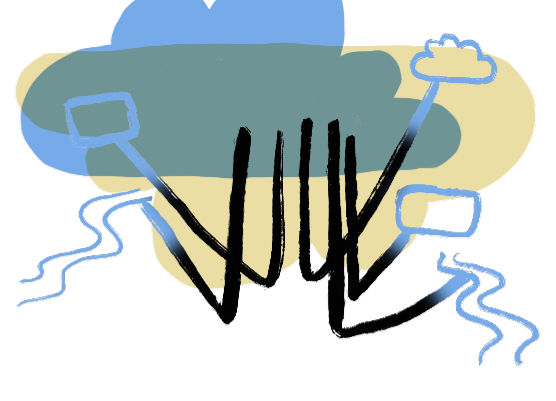An impulse is a sudden, often unreflective urge to act, driven by emotions, habits, or external stimuli rather than deliberate thought. Impulses can be useful in some situations. Impulsive people can easily take advantage of unexpected opportunities, effortlessly put their thoughts into words and quickly adapt to changes or reacting to danger. But in many cases—especially in communication, decision-making, or emotional responses—acting impulsively can lead to actions you will regret such as excessive gambling or committing sexual offenses.. Finding a balance is what matters.
It is important to understand when being impulsive is and is not appropriate, and to use this awareness to make the right choices.
All humans are impulsive to varying degrees, but some more than others. The main features of impulsivity are impatience, rapid and unplanned reactions and reduced concern for the long-term consequences of actions – expressed succinctly by the adage “Act first, think later.”
This module is closely linked to “Personal Triggers”, “Situational Analysis” and “Take a Break”. Here are some tricks and exercises on being thoughtful, patient and aware of consequences or in other words:
How to Train Yourself to "Think first, act later"


